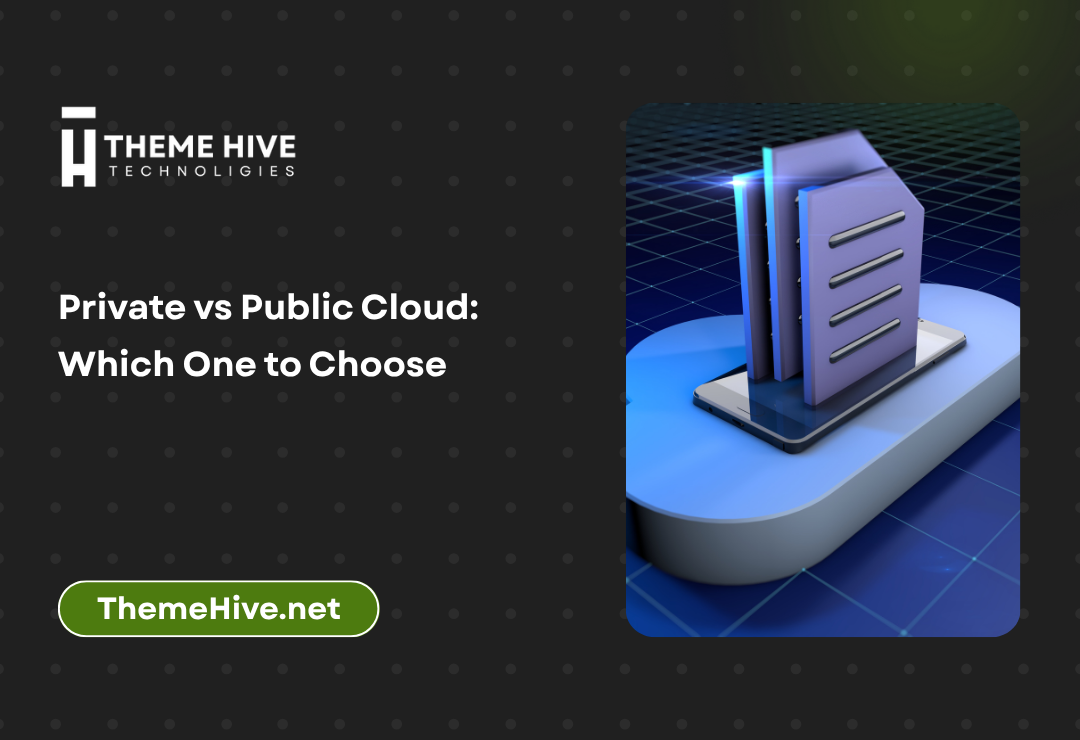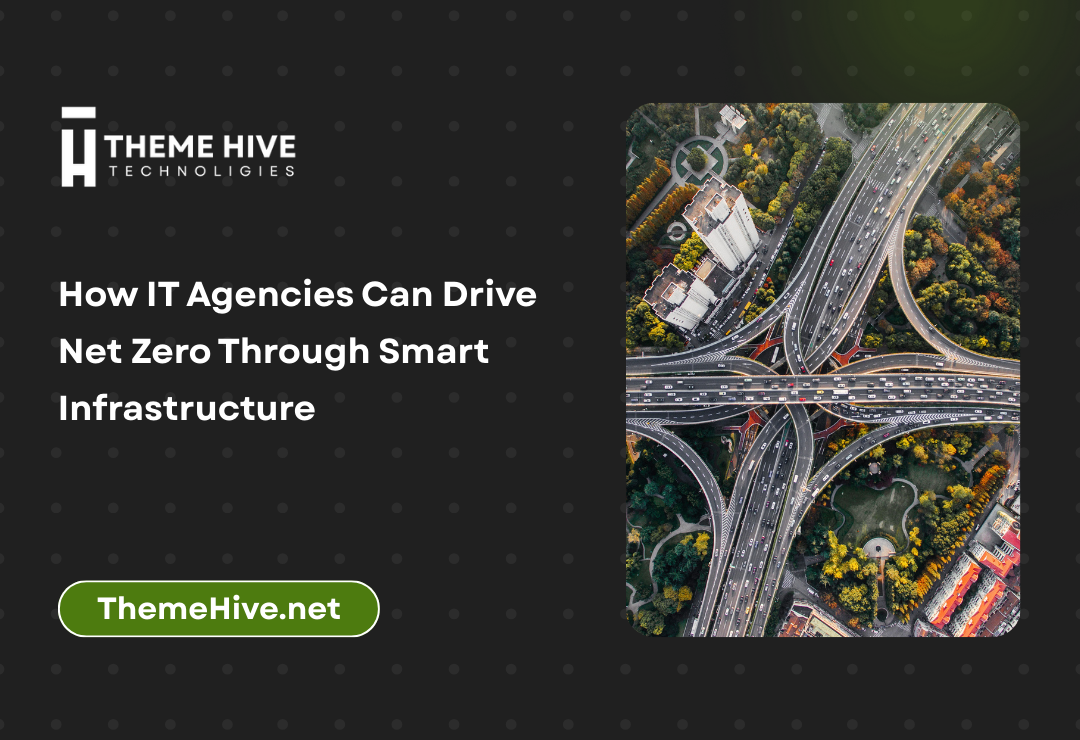As cloud computing evolves, businesses face a crucial question: private vs public cloud – which one to choose? This decision can impact cost, performance, scalability, and security. In 2025, with rapid digital transformation, choosing the right cloud infrastructure is more important than ever.
This guide explores the key differences between private and public cloud environments, their pros and cons, and how to choose the right model based on your business needs. Our analysis is tailored to meet Rank Math SEO best practices, targeting a unique, low-competition, and high-search keyword: private vs public cloud.
Understanding Cloud Infrastructure
Cloud computing enables on-demand access to computing resources such as storage, processing power, and software. There are three major deployment models:
- Public Cloud: Resources are owned and operated by third-party cloud service providers.
- Private Cloud: Infrastructure is dedicated to a single organization.
- Hybrid Cloud: A combination of public and private cloud environments.
While hybrid solutions are gaining traction, most companies still compare private vs public cloud when starting their cloud journey.
What is a Public Cloud?
A public cloud is a shared environment hosted by providers like AWS, Microsoft Azure, or Google Cloud. These providers manage the hardware, software, and infrastructure.
Key Features of Public Cloud:
- Shared infrastructure
- Pay-as-you-go pricing
- Rapid scalability
- Global reach
Advantages of Public Cloud:
- Cost-Effective: No upfront hardware costs.
- Scalable: Resources can scale on demand.
- Reliable: Redundancy and disaster recovery are built in.
- Maintenance-Free: Providers handle system updates and security patches.
Drawbacks of Public Cloud:
- Limited customization
- Potential compliance and data residency issues
- Security concerns due to multi-tenancy
What is a Private Cloud?
A private cloud is a dedicated environment either hosted on-premise or by a third-party provider. It offers exclusive access to infrastructure and is tailored to a single organization.
Key Features of Private Cloud:
- Full control and customization
- Dedicated hardware
- Enhanced security
- Internal or external hosting options
Advantages of Private Cloud:
- Greater Control: Ideal for organizations with strict compliance needs.
- Higher Security: Isolated resources reduce the risk of unauthorized access.
- Customizable: Full flexibility in hardware, network, and software configurations.
Drawbacks of Private Cloud:
- Higher Cost: Requires capital investment and skilled IT teams.
- Limited Scalability: Expanding resources takes more time.
- Maintenance Burden: Requires dedicated staff to manage infrastructure.
Private vs Public Cloud: Key Differences
| Feature | Public Cloud | Private Cloud |
|---|---|---|
| Cost | Lower upfront cost | Higher initial investment |
| Scalability | Instantly scalable | Limited by physical hardware |
| Security | Shared responsibility | Full control over security |
| Customization | Limited | Extensive customization |
| Compliance | Can be challenging | Easier to meet strict standards |
When to Choose Public Cloud
The public cloud is suitable for:
- Startups and SMBs with limited budgets
- Applications with variable workloads (e.g., eCommerce)
- Businesses that prioritize speed and global reach
- Non-sensitive workloads
If your business model is based on agility and scaling, the public cloud offers a quick and cost-effective solution.
When to Choose Private Cloud
The private cloud is ideal for:
- Enterprises with strict data privacy or compliance requirements
- Financial institutions, healthcare, and government agencies
- Applications requiring full control and customization
- Workloads that demand consistent performance and low latency
For organizations where control, security, and compliance are top priorities, a private cloud is the better choice.
Hybrid Cloud: The Middle Ground
Some businesses prefer a hybrid approach, combining the benefits of private and public cloud. A hybrid cloud offers:
- Flexibility to move workloads between environments
- Cost savings by using public cloud for less sensitive data
- Better disaster recovery and redundancy options
If your enterprise demands both control and agility, hybrid cloud adoption may be the best strategy.
Trends Influencing Cloud Adoption in 2025
The private vs public cloud debate is evolving with these 2025 trends:
- Zero Trust Security: More organizations are leaning toward private cloud for enhanced security.
- AI and ML Integration: Public cloud providers offer advanced AI tools that are hard to replicate in private setups.
- Regulatory Pressures: Privacy laws like GDPR, HIPAA, and others are influencing cloud choices.
- Edge Computing: Public cloud is integrating edge services to improve latency and real-time data processing.
Choosing Between Private and Public Cloud: Strategic Considerations
When comparing private vs public cloud, consider these factors:
1. Cost Structure
- Do you prefer capital expenditure (CapEx) or operational expenditure (OpEx)?
- Public cloud is OpEx-friendly; private cloud leans toward CapEx.
2. Compliance Needs
- Does your business fall under strict regulations (e.g., healthcare, finance)?
- Private cloud provides better compliance control.
3. Scalability Demands
- Will your resource needs change frequently?
- Public cloud allows near-instant scalability.
4. Data Sensitivity
- Are you dealing with critical data?
- Private cloud ensures dedicated resources and enhanced encryption options.
How ThemeHive Technologies Can Help You Choose
At Theme Hive Technologies, we help businesses navigate the complexities of cloud adoption. Our experts analyze your operations and suggest optimal solutions that align with your digital goals.
Explore our core offerings:
- About Us: Learn about ThemeHive Technologies’ mission and approach.
- Services: Discover our cloud consulting, DevOps, and IT transformation solutions.
- News & Articles: Stay updated on industry trends.
- Contact Us: Get personalized support for your cloud strategy.
Outbound Resources for Cloud Decision-Making
For a deeper dive into cloud computing models, explore these authoritative sources:
Conclusion: Making the Right Cloud Choice
Choosing between a private vs public cloud isn’t a one-size-fits-all decision. It’s a strategic move that should align with your budget, data sensitivity, compliance requirements, and business goals.
In 2025, the gap between the two models is narrowing as technology advances. However, clarity on your specific needs will drive the most cost-effective and secure solution.
Partner with ThemeHive Technologies to assess, design, and implement the best cloud strategy for your enterprise.
Target Keyword: private vs public cloud
- Keyword Density: Maintained across headings, subheadings, and body
- SEO Guidelines: Compliant with Rank Math standards
- Interlinking: Integrated with Theme Hive Technologies internal pages
- Outbound Links: Included from authoritative cloud computing providers
For more insights, visit our Services page or connect with our consultants through the Contact Us form.







